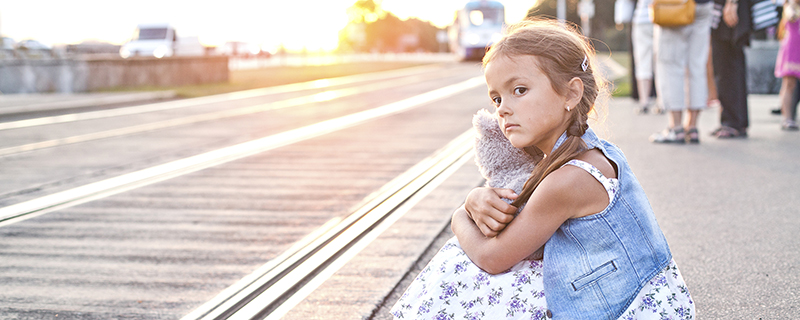Category: preparedness
10 Ways to be Prepared

To mark the National Day of Action, there are hundreds of little steps you can take to be better prepared at home, in your community, and on the go. Here are a few quick action steps you can take today! Read More >
Posted on by 1 CommentReuniting With Your Child

Hurricane Katrina hit the southeastern United States on August 29, 2005. This natural disaster led to the largest incident of missing children in US history. Many of these missing children were too young to accurately identify themselves. Parents of missing children were among thousands of people displaced in emergency shelters, some in different states, with Read More >
Posted on by 6 CommentsCDC Crisis Communicators: Making Every Message Count

An unexpected public health emergency can happen anywhere and to anyone. The right health or safety message at the right time from the right person can save lives. Read More >
Posted on by 6 CommentsZika, Mosquitoes, and Standing Water

With spring weather and mosquito season coming soon in the United States, the Zika virus – and the mosquitoes that carry the virus – may be a major concern. Zika is currently affecting more than 30 countries and territories in the Americas and Pacific Islands. Zika virus is primarily spread through the bite of an Read More >
Posted on by 45 CommentsPreparing for Emergencies: A Legal Perspective

Whether it’s taking steps toward a healthier lifestyle, preventing diseases, or preparing for an emergency or natural disaster, public law is an important tool to promote and protect public health. The Centers for Disease Control and Prevention’s Public Health Law Program (PHLP) develops legal tools and provides technical assistance to public health colleagues and policymakers Read More >
Posted on by 3 CommentsPlanning for Kids: Preparedness and Pediatrics

As demonstrated in events like the 2009 H1N1 influenza pandemic and the Ebola response of 2014, children can be particularly vulnerable in emergency situations. Children are still developing physically, emotionally, and socially and often require different responses to events than adults. Read More >
Posted on by 5 Comments
